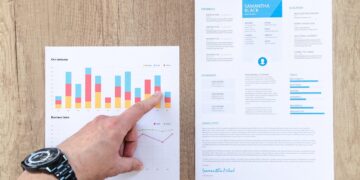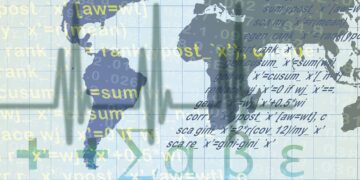Maximizing Deductions: Strategic Approaches to Tax Planning
Tax planning is a critical aspect of financial management that helps individuals and businesses optimize their tax situations and enhance their financial well-being. Effective tax planning involves understanding the complex interplay of various tax rules and leveraging available deductions to minimize liability. This article discusses strategic approaches to maximize deductions, providing insights on commonly overlooked deductions and answering common questions to help you navigate your tax planning efficiently.
Understanding Deductions: A Basic Overview
Before diving into strategies, it’s important to understand what deductions are and how they function. In the realm of taxation, a deduction is an expense that can be subtracted from your gross income, thus reducing the overall taxable income and, consequently, your tax liability. Deductions vary widely and can include expenses related to homeownership, education, business operations, and healthcare, among others.
Key Strategies for Maximizing Deductions
1. Itemize Your Deductions
Many taxpayers opt for the standard deduction because it offers a hassle-free approach to tax filing. However, itemizing your deductions can be significantly more beneficial if the total of all your qualified expenses surpasses the standard deduction. Categories that can be itemized include mortgage interest, state and local taxes, charitable contributions, and medical expenses exceeding a certain percentage of your income.
2. Maximize Retirement Contributions
Contributing to retirement accounts not only secures your future financially but also provides current tax benefits. Funds placed in traditional IRAs or 401(k)s are tax-deferred, meaning they reduce your taxable income for the year they are made. Maximizing these contributions can substantially lower your tax bill.
3. Leverage Health Savings Accounts (HSAs) and Flexible Spending Accounts (FSAs)
HSAs and FSAs offer tax savings on medical expenses. Contributions to these accounts are tax-deductible, and withdrawals for qualified medical expenses are tax-free. Understanding and using these accounts can lead to significant tax savings, especially if you face high healthcare costs.
4. Keep Track of Education Expenses
For those pursuing further education or paying for a dependent’s education, several tax credits and deductions like the American Opportunity Credit or the Lifetime Learning Credit can provide relief. Ensuring that you keep track of these expenses can lead to valuable reductions in your taxable income.
5. Deductible Business Expenses for Self-Employed Individuals
Self-employed individuals have a plethora of deductible business expenses at their disposal. These range from home office deductions, through to vehicle use and supplies needed for business operations. Careful documentation and knowledge of what can be deducted can lead to substantial tax savings.
Commonly Overlooked Deductions
Home Office Deduction
Many individuals working from home fail to claim the home office deduction for fear of triggering an audit. However, if you have a dedicated space solely for business purposes, you might be missing out on valuable deductions for a portion of utilities, real estate taxes, and mortgage interest.
Charitable Contributions
Not only monetary donations but also non-cash items (like clothes and furniture) and miles driven for charitable work can be deductible. Ensure proper documentation to make the most of these contributions.
Educator Expenses
Teachers and educators can deduct certain expenses they incur in their classrooms, which is a beneficial albeit often overlooked deduction that can lower taxable income.
Addressing Common Questions
What is the difference between a tax deduction and a tax credit?
A tax deduction reduces your taxable income, whereas a tax credit directly decreases your tax, dollar for dollar. Tax credits are generally more beneficial than deductions if you qualify for them.
How do I know whether to itemize or take the standard deduction?
Your decision should be based on which option yields the larger deduction. Calculate your potential itemized deductions and compare them against the standard deduction for your filing status. Consulting a tax professional can also provide clarity.
Can I still claim deductions if I’m subject to the Alternative Minimum Tax (AMT)?
Some deductions are disallowed under the AMT. If you’re subject to the AMT, it may limit the benefits of certain deductions, such as state and local tax deductions.
Enhancing Your Tax Strategy
Developing a strategic plan to maximize your tax deductions involves staying informed about tax law changes, maintaining meticulous records, and considering future financial decisions in light of their tax implications. Consultation with tax professionals can also provide tailored advice to optimize your situation.
Conclusion
Tax planning is an essential aspect of managing your finances. By understanding and strategically using tax deductions available to you, you can significantly reduce your tax liability and save money. Remember, the key to maximizing deductions lies in diligent record-keeping and staying updated on the latest tax laws and regulations. Don’t hesitate to seek professional advice to effectively navigate your specific financial scenario.



























































